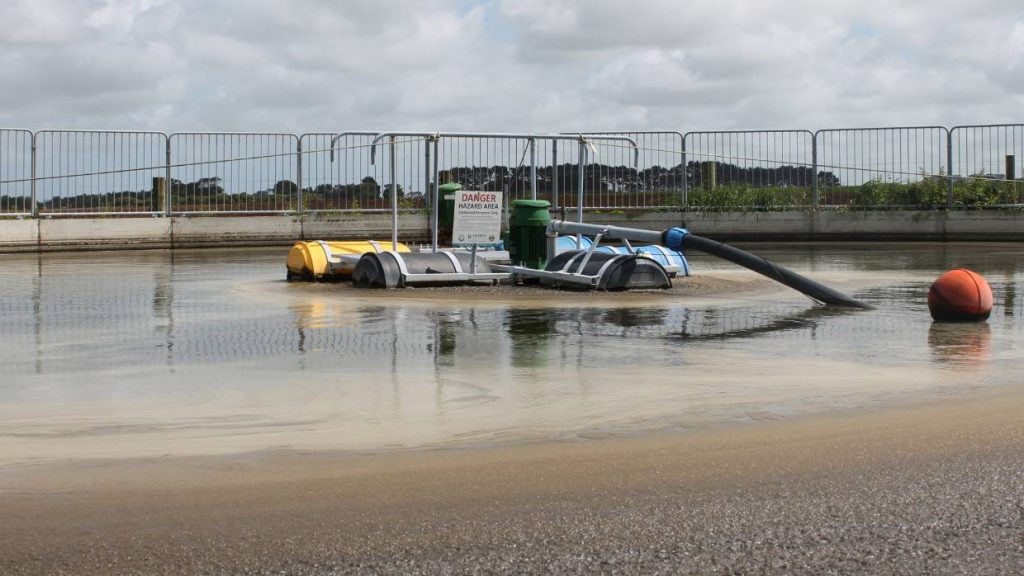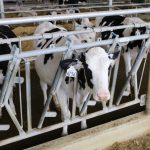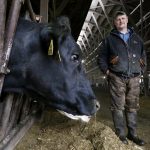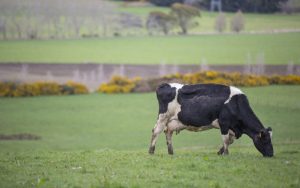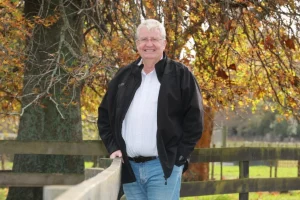
More than 70 per cent of non-compliances, or resource consent breaches, were found during the annual dairy inspection during spring last year.
During the inspection round council staff issued abatement and infringement notices to 58 farm owners for non-compliant effluent discharge, from a total of 80 incidents of non-compliance.
Notices were also sent to owners of 11 farms where streams on properties were described by council staff as “green”.
TRC compliance manager Bruce Pope said, in a written statement, the non-compliance rate was generally high as the sampling occurred during spring when effluent systems were under the most pressure.
Pope said the council expected the non-compliance rate percentage to decrease as the milking season was completed.
Last year the actual dairy non-compliance rate was 7.7 per cent, of which most was of a “minor nature”, Pope said.
The rate of serious non-compliance in 2018 was 1.5 per cent, he said.
Pope told a TRC consents and regulatory meeting recently that there needed to be a strong message to farmers that the non – compliant rate was not acceptable.
Meeting chairman Mike Neale said farmers needed to be proactive and do their own testing, and “not rely solely” on the regional council staff.
“The onus is on the consent holder, not the council,” TRC chief executive Basil Chamberlain told the meeting.
“The key issue is for farmers to move to land based effluent disposal systems,” he said.
“A more resilient system is the answer and farmers need to make more investment to avoid the problems.”
